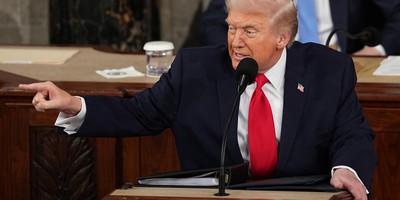Egypt: News services reported at least 100,000 Egyptians protested outside the presidential palace in Cairo on Tuesday. An estimated 10,000 demonstrators protested in Alexandria.
The protestors called their action "The Last Warning". Their main complaints are President Mursi's assumption of dictatorial powers in order to install democracy. They also denounced the process by which the new constitution was drafted. Mursi did not comment on Tuesday's unrest but evacuated the presidential compound during the protest reportedly on the recommendation of his security personnel.
On Tuesday, at least eight influential news dailies, a mix of opposition party mouthpieces and independent publications, suspended publication for a day to protest against what many journalists see as the restrictions on freedom of expression in the draft constitution.
The country's privately owned TV networks plan to protest Wednesday, when they will not broadcast all day.
Comment: Precision is important in evaluating the latest protests. The demonstrations are not nationwide. Thus the activists in Tahrir Square represent the urban elite, not the farmers of Egypt.
The activists are complaining about the President's usurpation of authority and a flawed constitutional drafting process. The point is that Mursi acts as if he is the lawgiver. Democracy will thrive as he ordains and allows. The protests are directed at Mursi and his idea of a process that leads to democracy, at his sufferance.
Recommended
They are not protesting the content of the new draft constitution, the role of Islamic law (Sharia), or even the role of imams in helping interpret future legislation. At least no news coverage has identified these as primary complaints.
Mursi has gambled on the majority of Egyptians supporting his movement of Egypt towards a more religiously devout nation. Nothing in the demonstrations suggests the protestors are against that movement. Mursi's gamble looks like a winner, provided he does not crackdown harder on the demonstrators in the fashion of Mubarak.
At this point, the most likely outcome is a successful referendum that approves the new constitution.
Mali-Burkina Faso: Government officials from Mali held the first direct talks with delegates from the Tuareg and Islamist rebel groups that seized the north of the country after a coup earlier this year. The talks occurred in Ouagadougou, Burkina Faso. The rebels pledged to respect national unity and to reject all forms of extremism.
Comment: The rebels appear to be trying to avert or at least delay the planned West African military operation to recover the north. Their profession of support for national unity and rejection of extremism requires clarification because the pro-al Qaida group has instituted the strictest form of Islamic law in Timbuktu and other northern cities, destroyed ancient shrines and ignored direction from the government in Bamako.
End of NightWatch ###
NightWatch is brought to readers of Townhall Finance by Kforce Government Solutions, Inc. (KGS), a leader in government problem-solving, Data Confidence® and intelligence. Views and opinions expressed in NightWatch are solely those of the author, and do not necessarily represent those of KGS, its management, or affiliates.
A Member of AFCEA International

























Join the conversation as a VIP Member